
Join us for a series of roundtables and workshops October 12-13, 2022, that examine the legacies and contemporary realities of imperialism, war, and genocide. Given the recent geopolitical crises in Eastern Europe, this year’s theme is “War and Genocide.” Our interdisciplinary panels and workshops interweave the nineteenth and twentieth centuries with major global crises that we face today: the Holocaust in public memory and education, the European and North American contexts of war and sexual violence, the plight of refugees and forced migrants, and the varied public responses to war and violence. The Rawley Graduate Conference in the Humanities is hosted by History Department Graduate Students with generous support from the Department of History, the UNL Research Council, and the UNL Faculty Senate.
All sessions will be held in person, except one virtual workshop for which participants can receive a link once they register via Event Brite. All listed times are in Central Standard Time (CST).
Register for the 2022 Conference
PROGRAM SCHEDULE
Wednesday, October 12, 2022
9:45am-11:15am | Holocaust and Genocide in Public Memory Panel
Participants:
- Daniel Reynolds, Seth Richards Professor in Modern Languages, Grinnell College
- Bedross Der Matossian, Associate Professor of the Modern Middle East and Hymen Rosenberg Associate Professor in Judaic Studies, UNL
- Scott Littky, Executive Director of the Institute for Holocaust Education (IHE)
- Andrea Wagh, History Ph.D. Student, UNL
Memory preservation has always been a major focus of Holocaust historians and museum curators. Yet, it is not as simple as “Never Again.” How scholars and the public remember traumas, past and present, is often subject to popular and politicized interpretations. In Europe and in the United States, the COVID pandemic, the Russian invasion of Ukraine, and the instability of liberal democracies, and the debate between perpetrators and victims have all witnessed the use and abuse of Holocaust and fascist rhetoric. From Holocaust tourism and education to recent developments in the Vatican archives, this panel gives audiences an opportunity to learn more about the various efforts of scholars, graduate students, and educators to tackle the ongoing concern of Holocaust and genocide remembrance.
Attend the Holocaust and Genocide in Public Memory Panel via Zoom
11:30am-1:00pm | Distinguished Lecture by Dr. Omer Bartov,
“War and Genocide”
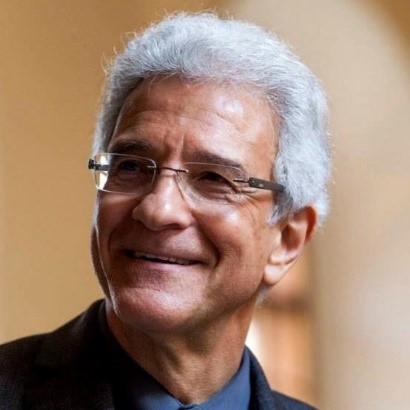
We are excited to welcome Dr. Omer Bartov as the distinguished lecturer and keynote for the 2022 Rawley Graduate Conference. Dr. Bartov's early research concerned the Nazi indoctrination of the Wehrmacht and the crimes it committed in World War II which are analyzed in his books, The Eastern Front, 1941-1945, and Hitler's Army. He then turned to the links between total war and genocide, discussed in his books Murder in Our Midst, Mirrors of Destruction, and Germany's War and the Holocaust. Dr. Bartov's has also examined the recycling of antisemitic stereotypes in film with his study, The "Jew" in Cinema. His more recent work has focused on interethnic relations in the borderlands of Eastern Europe. His book Erased (2007) investigates the politics of memory in West Ukraine, while his most recent monograph, Anatomy of a Genocide: The Life and Death of a Town Called Buczacz (2018) is a microhistory of ethnic coexistence and violence. The book received the National Jewish Book Award and the Yad Vashem International Book Prize for Holocaust Research, among others, and has been translated into several languages. Dr. Bartov has just completed a new monograph, tentatively titled Tales from the Borderlands: Making and Unmaking the Past. His many edited volumes include Voices on War and Genocide: Three Accounts of the World Wars in a Galician Town (2020) and, reflecting his new interest, the forthcoming Israel/Palestine: Lands and Peoples.
1:15pm-2:45 pm | Human Rights and Genocide Education Workshop
Participants:
- Ari Kohen, Schlesinger Professor of Social Justice, and Director of the Norman & Bernice Harris Center for Judaic Studies, UNL
- Dr. Mark Gudgel, Assistant Professor of Education, College of Saint Mary
- Beth Dotan, Education and Human Sciences Ph.D. Candidate, UNL
- Łukasz W. Niparko, Political Science Ph.D. Candidate, UNL
To expand upon our theme of “War and Genocide,” this panel addresses the various techniques that graduate students, researchers, and university faculty can employ when teaching human rights and genocide. This diverse panel hopes to make teaching mass-atrocity easier for educators by providing them ways to engage students with the material and to have them think critically of recent human rights violations seen in the media.
Attend the Human Rights and Genocide Education Workshop via Zoom
3:00-5:00pm | The Public’s Response to War:
A Discussion of Anti-War Protests Throughout History Panel
Participants:
- Fabio Rojas, Virginia L. Roberts Professor of Sociology, University of Indiana-Bloomington
- Alexander Vazansky, Associate Professor of History, UNL
- Virginia Williams, Professor of History; Director of the Peace, Justice, and Conflict Resolution Studies program; Director of the Individualized Studies program Winthrop University
- Colten Skinner, History Ph.D. Student, UNL
The events of the last year have culminated in the largest anti-war demonstrations since the 2003 Iraq War Protests. Over the last sixty years, numerous anti-war movements have brought together millions of people to speak out against war and the horror it accompanies. By bringing together an interdisciplinary group of scholars and graduate students, this panel will seek to start a conversation over varying cultural and political significance of the anti-war protest movements over the last century.
Attend The Public’s Response to War Panel via Zoom
Thursday, October 13, 2022
9:45-11:15am | Sexual and Gendered Violence:
Past and Present Panel
Participants:
- Courtney Hillebrecht, Professor of Political Science, Hitchcock Family Chair in Human Rights and Humanitarian Affairs, Director of the Forsythe Program on Human Rights and Humanitarian Affairs, UNL
- Genesis Agosto, Assistant Professor of Law Library and Reference Librarian, UNL College of Law
- Nyaradzai Chisaka, History Ph.D. Candidate, University of Iowa
Sexual assault and gendered violence have remained a mainstay in public eye in recent years. Topics include controversy around the United States Immigration and Customs Enforcement sterilizing detainees, and the treatment of Ukrainian women by Russian forces has brought new attention to sexual and gendered violence committed against underprivileged and war-torn communities. This roundtable will seek to highlight the different ways sexual and gendered violence has occurred against other underprivileged communities across the globe.
Attend the Sexual and Gendered Violence Panel via Zoom
11:30am-1:00pm | Student Research Lightning Round
The Student Research Lightning Round will be a brief five-minute presentation format for students to present their latest research. It is intended to give students the opportunity to brainstorm projects, solicit feedback, and network. The invited panelists from other sessions will be asked to provide condensed and spontaneous feedback for graduate students before the audience is prompted to ask questions of the graduate student panel.
- Silvia Álvarez, MA Student in Modern Languages and Literature, University of Nebraska-Lincoln
“The Role of Images Within Social Movements in Colombia: National Strike 2021” - Melissa Amateis, History Ph.D. Student, University of Nebraska-Lincoln
“The Nebraska Nazi: The Writings of Charles B. Hudson in 1940” - Brianna DeValk, History Ph.D. Student, University of Nebraska-Lincoln
“The Legacy of 1862: Land, War, and Immigration in Shelly, Minnesota” - Kefas Lamak, Ph.D. Student in the Department of Religious Studies, University of Iowa
“The Nigerian Civil War, 1967-1970 and the Regrets of our Heroes and Heroines Past: Lessons and Cautions For Future Generations of Nigerians” - Heather Menefee, History Ph.D. Student, Northwestern University
“Surviving an Apocalypse: Dakota People’s History after 1862” - Ling Xi Min, History Ph.D. Student, Northwestern University
“The Veterans of Imperial Japan and their Post-war Afterlives” - Hazal Ozdemir, History Ph.D. Candidate, Northwestern University
"They Vowed Never to Return: Photographic Documentation and Armenian Mobility at the End of Empire” - Tim Turnquist, History Ph.D. Candidate, University of Nebraska-Lincoln
“Between Race and Religion: American Catholics and ‘Non-Aryan’ Refugees from Nazi Germany”
Attend the Student Research Lightning Round via Zoom
2:00pm-3:30pm | War, Refugees, and Forced Migrants:
Past, Present, and Future Panel
Participants:
- Tim Turnquist, History Ph.D. Candidate, UNL
- Sheila Dorsey Vinton, Executive Director/CEO, Asian Community & Cultural Center
- Fariha Mohmand, Education Coordinator, Asian Community & Cultural Center
In 2022, the mass exodus of Ukrainians was a painful reminder of the European and global legacies of war, forced displacement, and statelessness. In recent decades, the contexts and tribulations of refugees and forcibly displaced persons have become increasingly complex, stoking nativism and political backlash in destination countries. Refugee and forced migration studies are fast expanding and require the efforts of interdisciplinary scholars and the engagement of the community. This panel contextualizes some of the major historical and current impacts of refugee crises, and how forced migrations are becoming an increasingly contested and visible part of our future.
Attend the War, Refugees, and Forced Migrants Panel via Zoom
Thursday, October 20, 2022 (On Zoom)
3:00pm-5:00pm | Indigenous Representation in Humanities Workshop
Participants:
- Susana Grajales Geliga (Sicangu Lakota), Assistant Professor of History and Native American Studies and History & Native American Studies, University of Nebraska – Omaha
- Moises Padilla, Director of the Nebraska College Preparatory Academy and UNITE Faculty Advisor
- Dean McGuire, History Ph.D. Student, UNL
This workshop will offer ways educators and scholars can better discuss Indigenous histories, viewpoints, cultures, and narratives. The workshop will illustrate the diverse ways digital projects, student organizations, and local narratives can be incorporated into classrooms and research projects to provide better representation for Indigenous communities and their histories.
Attend the Indigenous Representation in Humanities Workshop via Zoom
PARTICIPANTS
Holocaust and Genocide in Public Memory
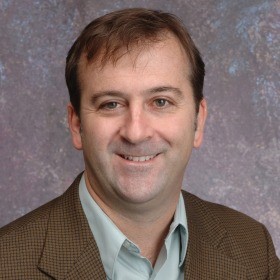
Dr. Daniel Reynolds’s research examines the connection between tourism and Holocaust remembrance. His book Postcards from Auschwitz (2018) looks at the ways in which Holocaust museums and memorials have evolved in the last 75 years in Poland, Germany, Israel, and the United States, and how modern tourism brings both challenges and opportunities to Holocaust remembrance.
Dr. Bedross Der Matossian’s research explores Middle Eastern ethnic politics, inter-ethnic violence in the Ottoman Empire, Palestinian history, and the history of Armenian Genocide. His most recent book, The Horrors of Adana (2022), highlights a largely forgotten April 1909 massacre in the Ottoman Empire, in which 20,000 Armenians and 2,000 Turks were massacred. Dr. Der Matossian examines the events from the perspectives of victims, perpetrators, bystanders, and humanitarians.
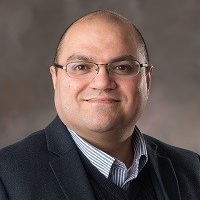
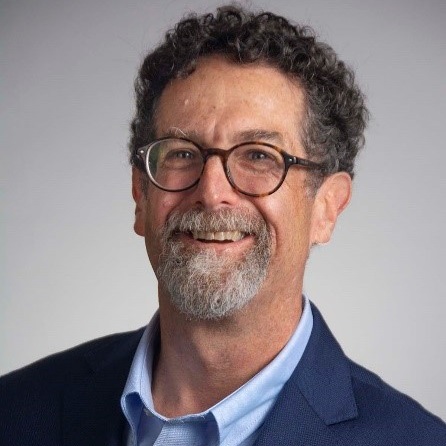
Scott Littky, current executive director of IHE, has an extensive background as a Jewish educator and education director for over 34 years in Detroit, Omaha, Ann Arbor and Alexandria, VA. As a trained Yad Vashem educator with vast experience in training educators and writing curriculum for Holocaust studies, he brings pedagogical insight on working with the public and how to improve their understanding of the Holocaust.
Andrea Wagh is a Ph.D. student in the UNL History Department. Her research interests include 20th-century European History, Holocaust studies, and how war and genocide have shaped European Jewish communities. She is currently researching the experiences of Jewish children who were hidden during the Holocaust.
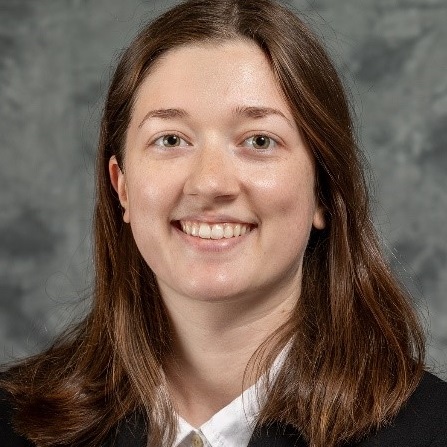
Human Rights and Genocide Education Workshop
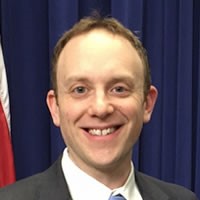
Dr. Ari Kohen is a scholar of philosophy and contemporary political theory who has published extensively on human rights and social justice. His first book, In Defense of Human Rights (2007), examines the philosophical grounding of the idea of human rights. In addition to his new book project that looks at how people think of heroic behavior, he has research interests in social justice education, technology and racism, and extremist challenges to political liberalism. A 2011 recipient of the College Distinguished Teaching Award, Dr. Kohen brings valuable insight on the education of human rights.
Dr. Mark Gudgel has fifteen years of teaching experience in public school education systems, teaching English, courses on genocide, and world religions. A Fulbright Scholar and fellow of both the United States Holocaust Memorial Museum and the Imperial War Museum in the area of Holocaust education, Gudgel’s dissertation focused on the use of film to teach about the Holocaust in American secondary classrooms. Gudgel is the author of numerous articles and essays, in addition to poetry and other genres of writing. His 2012 ted talk focuses on genocide education and empowering young people to change the world.

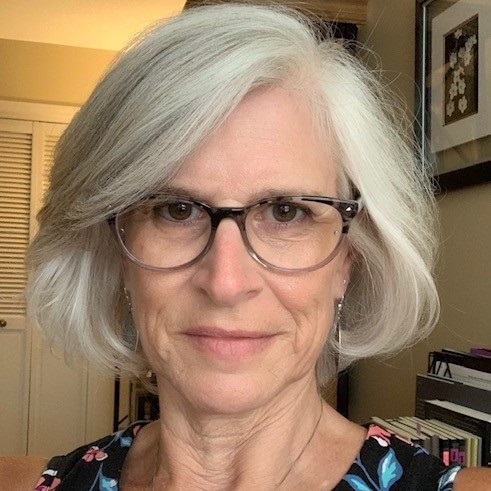
Beth Dotan, a Ph.D. Candidate in the College of Education and Human Sciences (CEHS), studies how critical thinking and methodology can be effective in Holocaust memory and education using Digital Humanities tools. Recently, Beth launched the Nebraska Stories of Humanity: Holocaust Survivors & WWII Veterans Network Portal & Educational Website. It is a project of the Center for Digital Research in the Humanities.
Łukasz W. Niparko is a Graduate Research Assistant at the University of Nebraska-Lincoln specializing in Multi-Methods and Qualitative Research, Research Designs, and Analysis of Civil Society, Democracy, and Central/Eastern Europe.
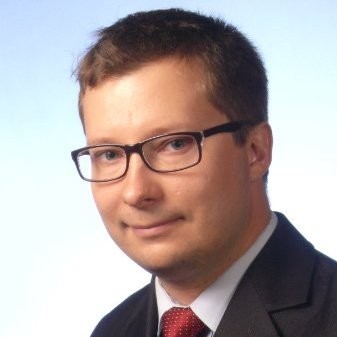
The Public’s Response to War: A Discussion of Anti-War Protests Throughout History
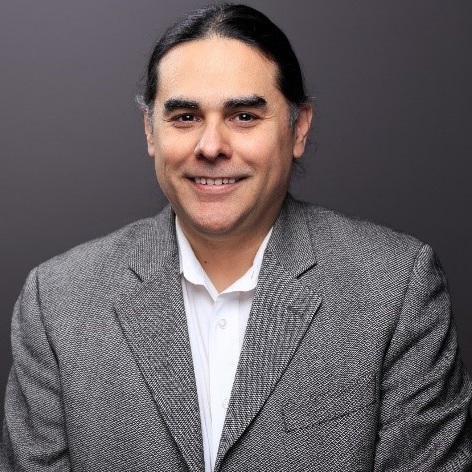
Dr. Fabio Rojas, Professor of Sociology at the University of Indiana-Bloomington, researches the organizational side of politics, higher education, healthcare, and the arts. He has authored four books that focus on sociological theory and its place in anti-war and social movements.
Dr. Alexander Vazansky studies postwar German-American relations and American GIs in Germany. His upcoming research project will look at militarism and anti-militarism in the Federal Republic of Germany during the 70s and 80s.
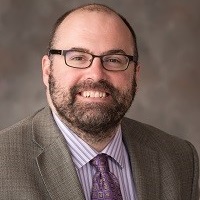
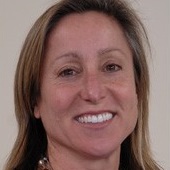
Dr. Virginia Williams specializes in the history of U.S.-Latin American relations. Her current work focuses on 20th-century social movements in the United States and Latin America.
Colten Skinner, Ph.D. student in History at UNL, studies American advertising tactics in the Federal Republic of Germany in the 1950s and 1960s. His current research examines the influence American advertising had on West German culture and the local responses to the new advertising tactics especially by the German New Left.
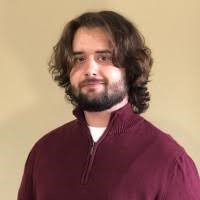
Sexual and Gendered Violence: Past and Present
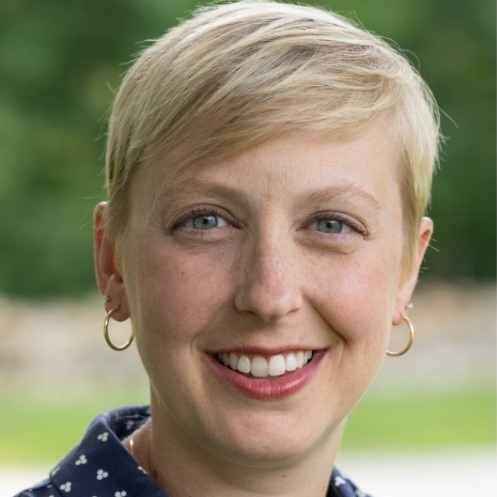
Dr. Courtney Hillebrecht’s research interests are in international relations, human rights, and international law, particularly regarding the relationship between domestic politics and the international governance of human rights. She serves as the Director of the Forsythe Family Program on Human Rights and Humanitarian Affairs and the Faculty Coordinator of the William H. Thompson Scholars Program.
Genesis Agosto, a recent graduate of the dual History M.A. and J.D. programs at UNL, won the department award for best article paper for her research on the legal history of the American sterilization program in Puerto Rico and will be bringing her expertise to the discussion.
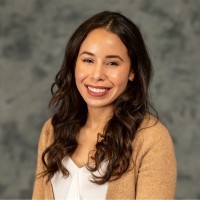
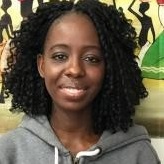
Nyaradzai Chisaka’s research is on sexual violence in the war of liberation in Zimbabwe between 1966 to 1980, known as the Second Chimurenga, and she is interviewing women who participated in this war.
War, Refugees, and Forced Migrants: Past, Present, and Future
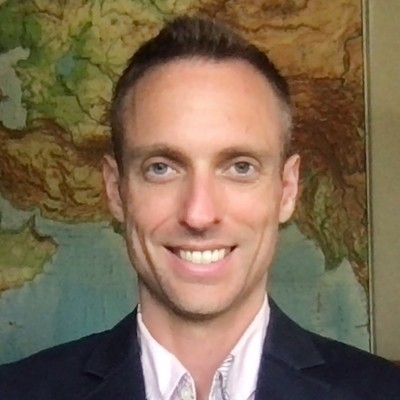
Tim Turnquist is a Ph.D. Candidate at UNL. His research interests include Holocaust studies, transatlantic antisemitism, Christian-Jewish relations, (im)migration, as well as Orientalism and scholarly/popular perceptions of “Semites” and “Aryans” in history and society. His dissertation examines the American Catholic Church and the rescue of “non-Aryan” Catholic refugees.
Sheila Dorsey Vinton has worked as Executive Director/CEO of the Asian Community & Cultural Center since February 2014. Her background in refugee and immigrant studies and biocultural approaches to health contribute to the success of the Asian Center in developing programs that meet the needs of its clients who come from all over the world to make their home in Lincoln, Nebraska. Ms. Dorsey Vinton also enjoys the opportunity to serve the Lincoln community on several boards and steering committees to promote health, the arts, and community development.
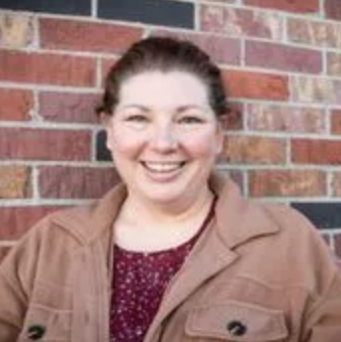
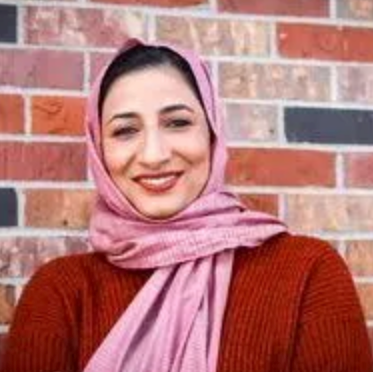
Fariha Mohmand was born and educated in Afghanistan. She has worked as a professor in economics and accounting and management. Fariha and her husband decided to flee Afghanistan during the US pullout last year. With no luggage and two children, they managed to board a flight out. The family arrived to the United States in September 2021. They spent the next two months in a refugee camp in New Mexico and arrived in Lincoln in November 2021. Fariha now works as a curriculum specialist and education coordinator at the Asian Community and Culture Center where she serves immigrants and refugees. She is proud to use her own skills and experience to help others who are going through challenging times as newcomers.
Indigenous Representation in Humanities Workshop
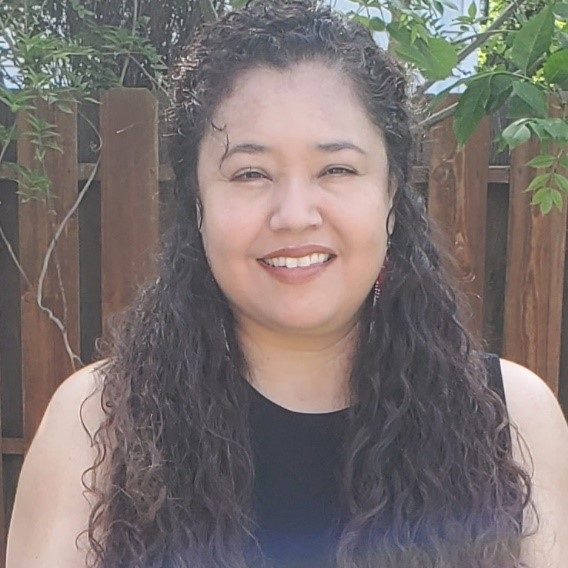
Dr. Susana Grajales Geliga focuses her research on the histories of Native American women, and the construction of Native American identities in the early twentieth century. In addition to her research, she has been a co-director for the Genoa Indian School Digital Reconciliation Project at the University of Nebraska-Lincoln campus.
Dr. Moises Padilla is the director of the Nebraska College of Preparatory Academy and the TRIO Program. Dr. Padilla is experienced in working with students from diverse cultural backgrounds and has served as the advisor for the University of Nebraska-Lincoln Intertribal Exchange (UNITE).
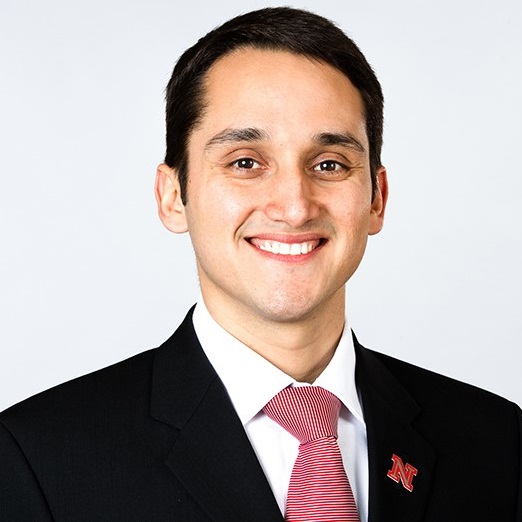
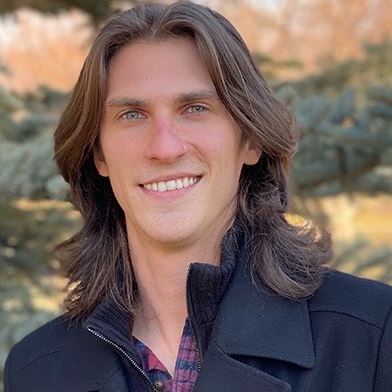
Dean McGuire’s work focuses on the Northwestern Shoshone Nation and the efforts of Mae Timbimboo Parry’s life-long efforts to change the popularly held designation of the Bear River “Battle” to the Bear River Massacre. He is currently working with members from Northwestern Band of the Shoshone Nation to conduct collaborative research with Native communities.